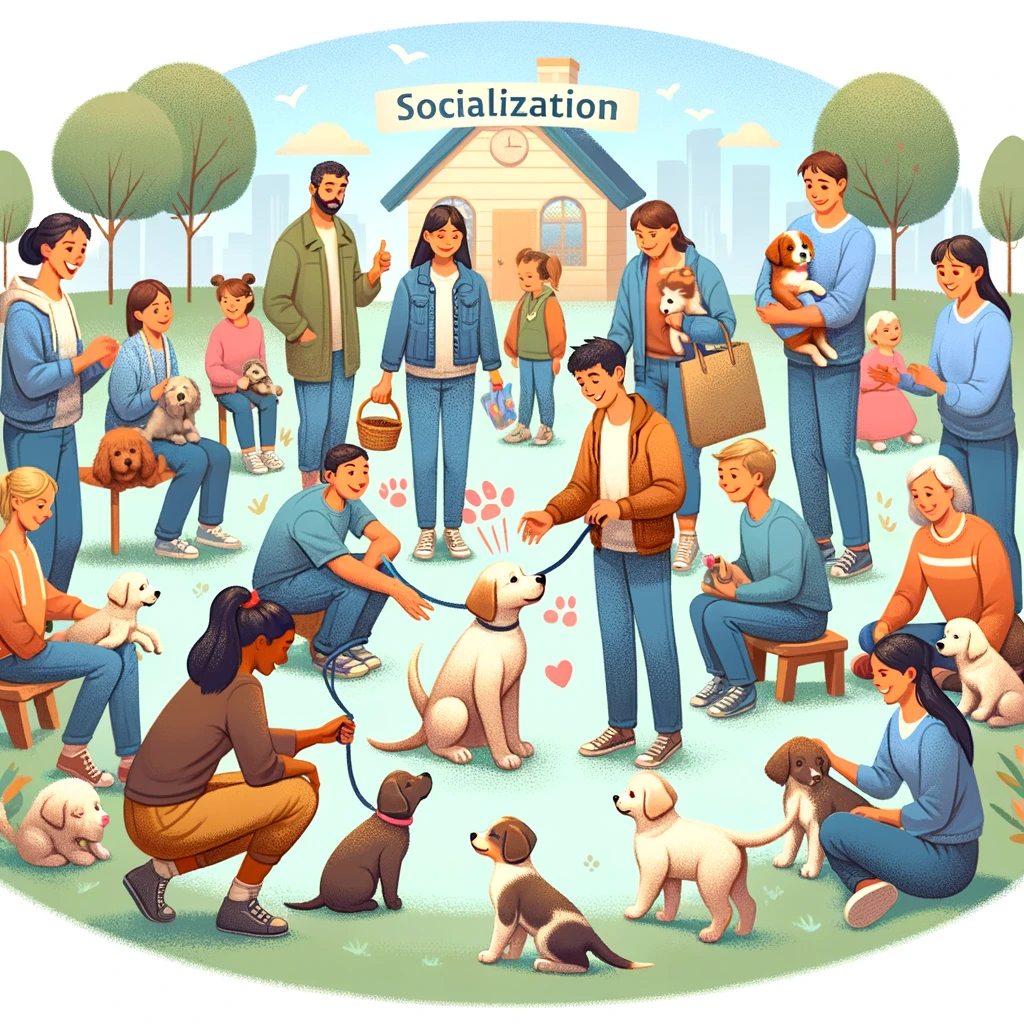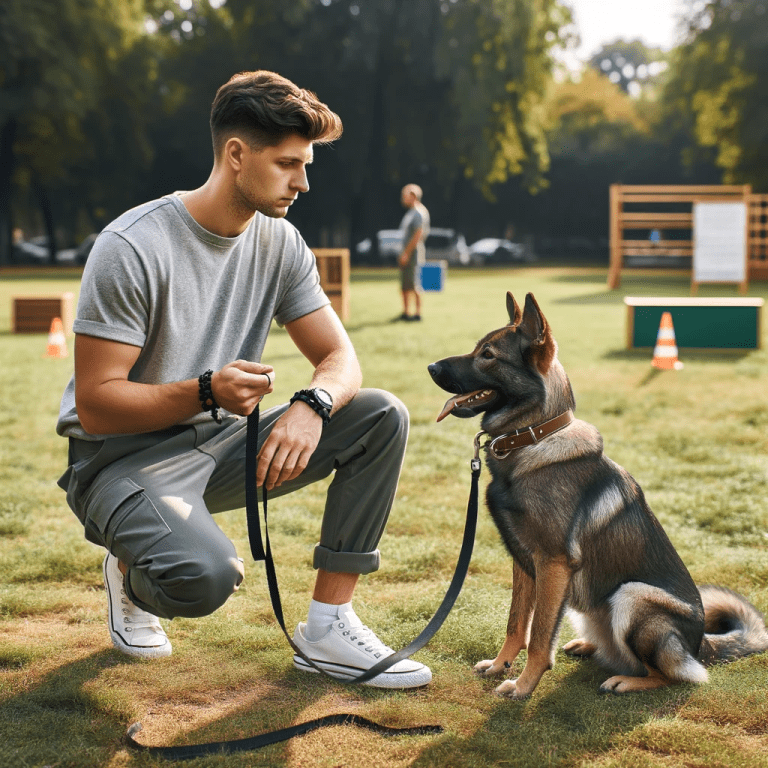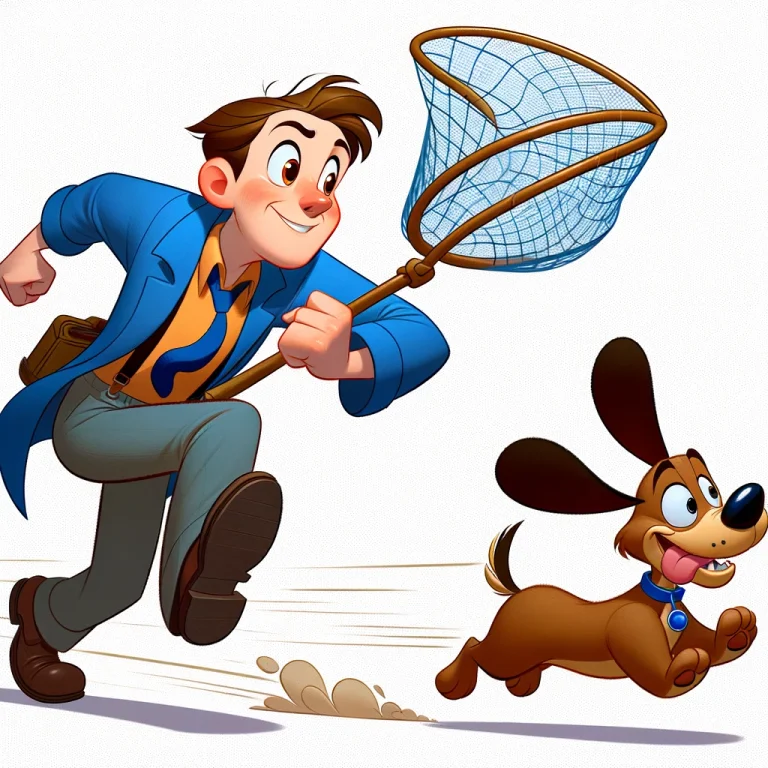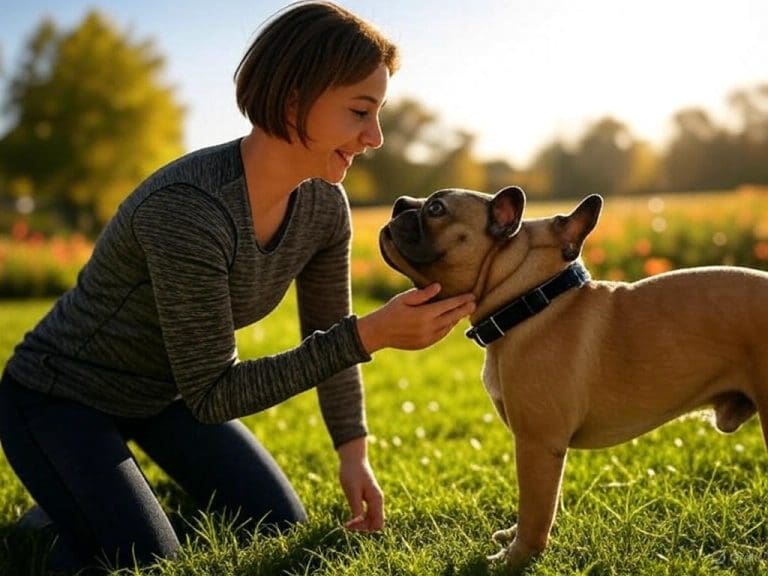The Importance of Socialization for Puppies: Why Exposure to People Matters Most
Socialization is a critical aspect of a puppy’s development, shaping their behavior and temperament for life. While interactions with other dogs are important, exposure to people during the early stages of a puppy’s life holds even greater significance. Here’s why socialization with people is paramount and some tips for early introduction to ensure your puppy grows into a well-adjusted and confident companion:
Why Socialization with People Matters Most:
- Foundation for Positive Relationships: Early exposure to a variety of people helps puppies learn to trust and form positive relationships with humans. This is crucial for building a strong bond with their owners and for interacting confidently with strangers throughout their lives.
- Prevention of Fear and Aggression: Puppies who are not properly socialized with people during their critical developmental period may develop fear-based behaviors or aggression towards humans later in life. By exposing them to a wide range of people in positive environments, you can help prevent these issues from arising.
- Adaptability and Confidence: Socialization with people helps puppies become more adaptable and confident in new situations and environments. This is particularly important for reducing anxiety and stress when encountering unfamiliar people or experiences as adults.
- Facilitation of Training: A well-socialized puppy is more receptive to training and obedience commands. Positive interactions with people during the socialization period lay the foundation for effective communication and cooperation between dogs and their owners.
Tips for Early Introduction to People:
- Start Early: Begin socializing your puppy with people as soon as they are old enough to safely interact with others. The critical socialization period for puppies typically occurs between 3 and 14 weeks of age, so don’t delay in exposing them to a variety of people during this time.
- Expose Them to Diversity: Introduce your puppy to people of different ages, genders, ethnicities, and appearances. This helps them learn to feel comfortable and confident around a wide range of individuals, including children, adults, seniors, and individuals with diverse physical characteristics.
- Positive Reinforcement: Use positive reinforcement techniques, such as treats, praise, and rewards, to create positive associations with people. Encourage gentle interactions and discourage fearful or aggressive behaviors through calm reassurance and redirection.
- Gradual Exposure: Gradually expose your puppy to different environments and social situations, starting with familiar settings and gradually introducing them to new places and experiences. This helps prevent overwhelming them and allows them to acclimate at their own pace.
- Consistency is Key: Make socialization a consistent and ongoing part of your puppy’s routine. Regular exposure to people in various contexts helps reinforce positive behaviors and ensures that they maintain their social skills as they grow older.
- Supervised Interactions: Always supervise interactions between your puppy and new people to ensure their safety and well-being. Monitor their body language and intervene if necessary to prevent any negative experiences from occurring.
By prioritizing socialization with people during the early stages of your puppy’s life, you can help set them up for success in becoming a well-rounded, confident, and socially adept companion. Remember that every interaction counts, so make the most of this critical developmental period to nurture positive relationships and behaviors that will last a lifetime.







